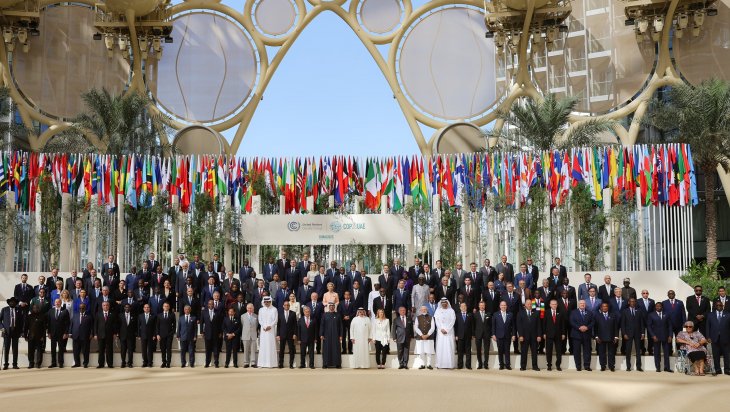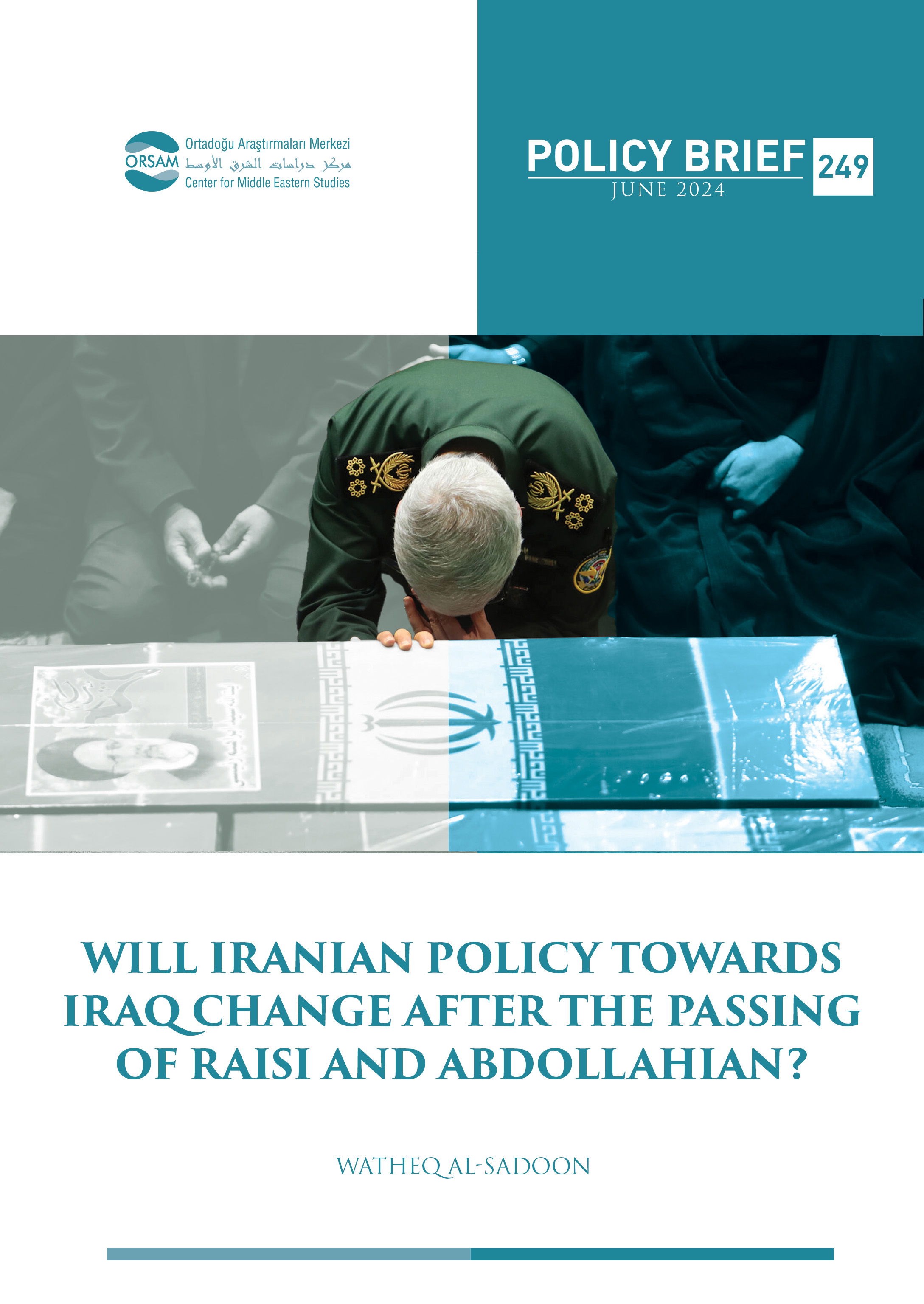COP28 Resolution a Pivotal Moment for Decisive Action

The resolution of the 28th Conference of the Parties to the United Nations Framework Convention on Climate Change, or COP28, calls for a shift away from fossil fuels. The resolution is essentially more than just a list of pledges; it is a strong declaration of intent, a road map for a sustainable future, and an example of how the whole community is uniting to address one of the most important issues of our time.
When viewed from a historical perspective, the UN's efforts in combating climate change through summits have included pivotal moments such as the 1992 Rio Summit, the 1997 Kyoto Protocol and the 2015 Paris Agreement. Fundamentally, these summits spearheaded by the UN encompass the specific targets and commitments of participating countries in their fight against climate change and global warming, as well as the activities undertaken within this framework.
The focus of these summits varies over time. At certain points, they have concentrated on reducing greenhouse gas emissions, while at others they have aimed to maintain global warming at levels comparable to those before the Industrial Revolution.
COP28, held in Dubai, the United Arab Emirates, from Nov 30 to Dec 12, notably focused on the agenda of diminishing the use of fossil fuels. Globally reducing the use of fossil fuels is instrumental in achieving objectives such as lowering carbon emissions and accelerating the transition to renewable energy sources.
The consensus reached at the summit on commitments regarding the use of fossil fuels demonstrates that significant efforts in the global climate movement are beginning to yield results.
However, the intensification of geopolitical concerns in global affairs, due to conflicts such as the Russia-Ukraine and Israel-Palestine crises, and the consequent emphasis on the security of fossil fuel supplies and routes, indicate that developments in renewable energy are still susceptible to geopolitical disruptions. Therefore, this development needs to be seen as an indicator that a complete and immediate departure from fossil fuels is unlikely to happen in the short term.
The COP28 resolution is a pivotal moment in the international climate narrative, signifying a unified, determined stride toward a greener future. Its global significance is multifaceted, touching on crucial aspects of climate action.
First, the resolution marks a historical shift in energy policy, signaling the will to end the fossil fuel era. This transition, vital for curbing greenhouse gas emissions, sets a clear trajectory toward renewable energy, reshaping the global energy landscape. The implications are profound, as it nudges economies worldwide toward sustainable practices and technologies.
Second, the resolution reinforces the commitment to limiting global warming to 1.5 C above preindustrial levels, a crucial threshold in mitigating the worst impacts of climate change. This ambitious target is a clear call for immediate, substantive emissions reductions, highlighting the urgency of the situation and the need for concerted global action.
Moreover, the focus on increasing climate finance is a game changer. It acknowledges the disparate impact of climate change across nations and the necessity of equitable resource distribution. By emphasizing financial support, particularly for developing countries, the resolution ensures that global climate efforts are inclusive and equitable.
The setting of tangible targets and the call for updated Nationally Determined Contributions bring accountability and measurability to the forefront. This approach is essential for tracking progress and maintaining the momentum of climate commitments. Furthermore, the resolution's inclusive nature, involving a spectrum of stakeholders, underscores the realization that effective climate action is not solely the domain of governments.
The involvement of corporations, civic society and other organizations enriches the international response to climate concerns by bringing a variety of perspectives and ideas.
Moreover, the resolution has worldwide implications because it is a moral and ethical declaration rather than just addressing environmental issues. It also shows that we all recognize that we have a shared responsibility to preserve the environment for coming generations, treating climate change as a global justice and equality issue. This development strengthened the ongoing collaboration among countries in tackling climate change and global warming.
At this critical juncture, the key for countries is to translate COP28's ambitious commitments into tangible actions. This requires robust policy reforms, prioritizing renewable energy and green technologies. Financial commitments, especially to developing nations, must be rapidly mobilized to facilitate this transition. The success of these efforts hinges on stringent accountability measures and regular progress assessments.
Ultimately, realizing these commitments demands unwavering political will and collaborative action, both domestically and internationally. Only in a scenario where countries collectively adhere to their pledges, backed by concrete efforts and financial support, can the goals of COP28 be achieved. This is a moment for decisive action; the path forward is clear, and the stakes are unmistakably high.
This article was previously published on January 17, 2024, on China Daily web site with the title “COP28 Resolution a Pivotal Moment for Decisive Action”









